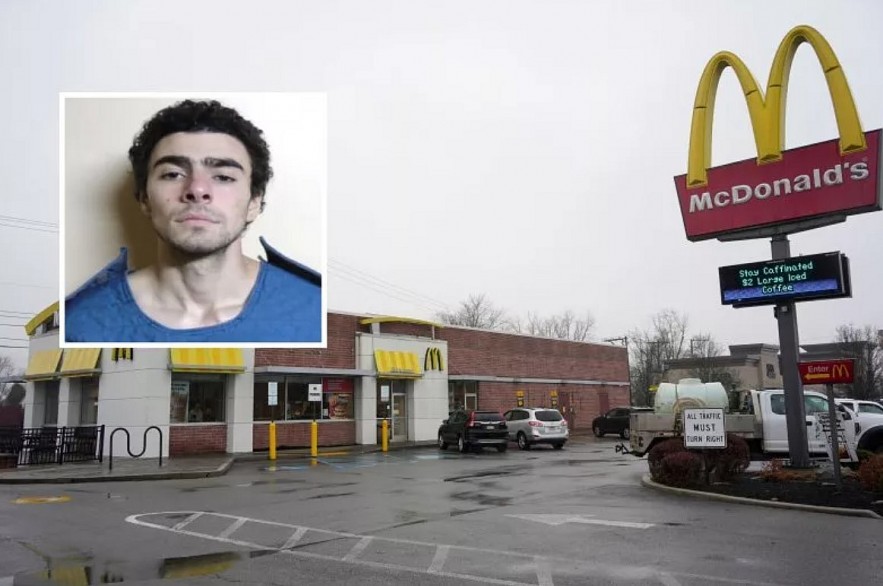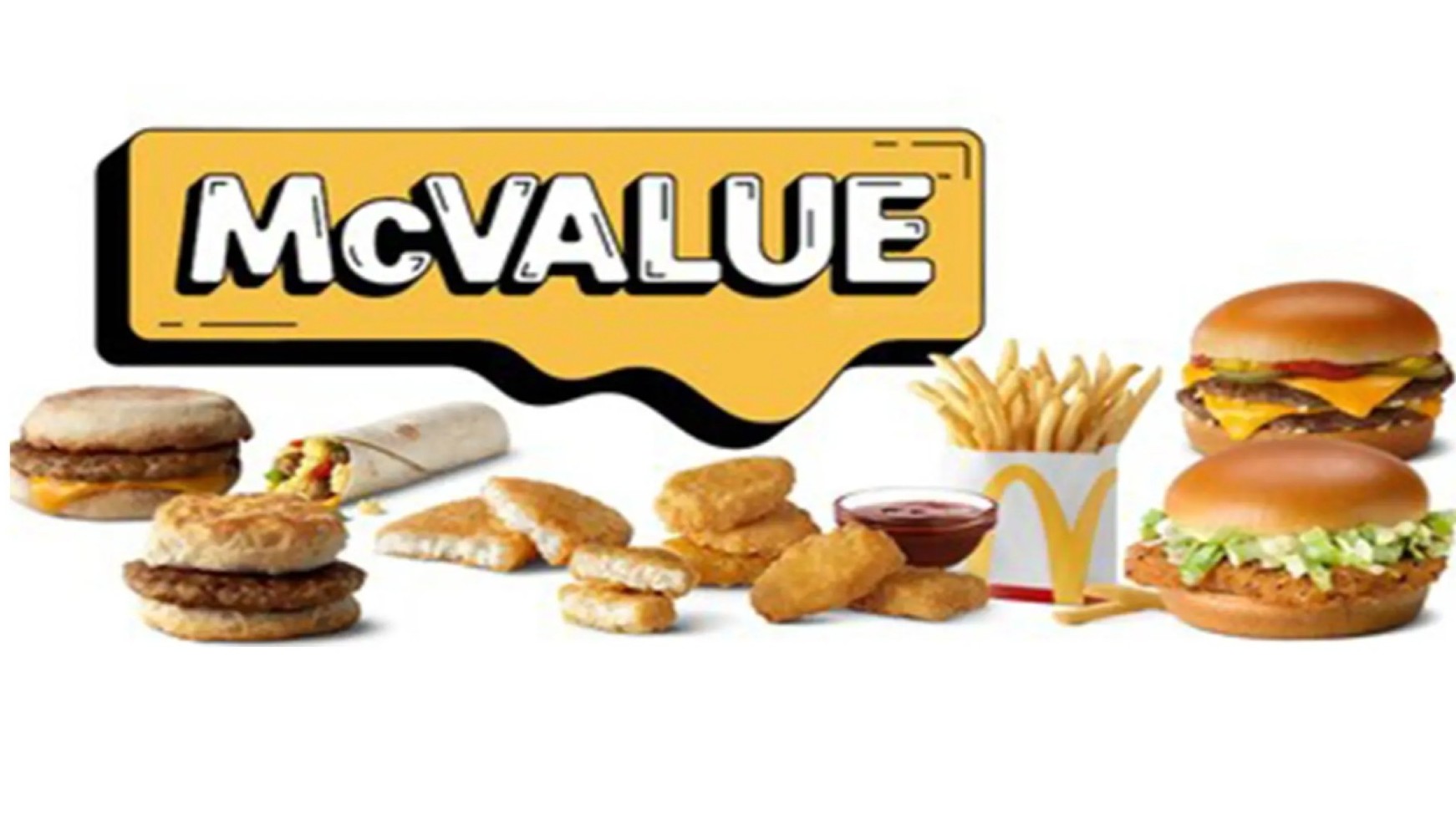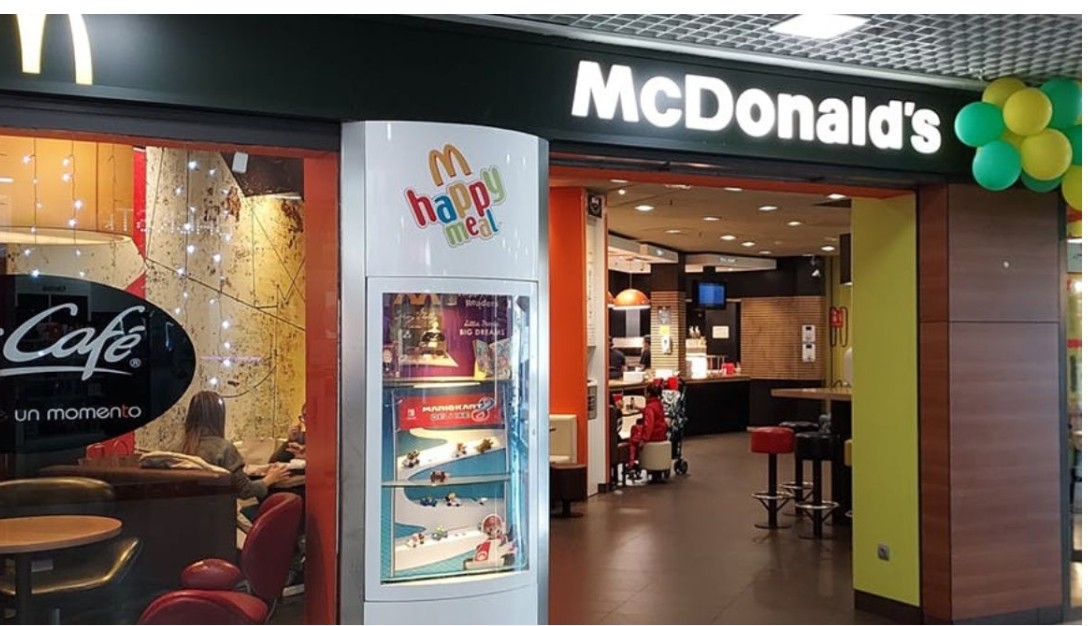Google Removes Negative Reviews Targeting McDonald’s Outlet After Luigi Mangione’s Arrest
 |
| McDonald's Flooded With Negative Reviews After Luigi Mangione Arrest |
The arrest of Luigi Mangione, a 26-year-old Ivy League student charged with the murder of UnitedHealthcare CEO Brian Thompson, has brought an unexpected spotlight to a McDonald’s outlet in Altoona, Pennsylvania. Following Mangione's apprehension, the restaurant became the focus of a coordinated “review bombing” campaign, prompting Google to intervene by removing a wave of one-star reviews and fabricated complaints.
The Incident: From Manhunt to Arrest
The events leading to Mangione’s arrest unfolded dramatically. After a five-day manhunt, Mangione was apprehended at the McDonald’s location in Altoona. A customer recognized him and alerted an employee, who quickly contacted the authorities. Police arrived on the scene to arrest Mangione, who was found carrying a gun, fake IDs, and a note expressing disdain for corporate America. Law enforcement described the murder of Brian Thompson, who was fatally shot outside the Hilton Hotel in Midtown Manhattan on December 4, as a targeted attack.
The arrest marked the end of a high-profile manhunt but sparked another wave of public reaction—this time directed at the McDonald’s outlet involved in his capture.
The Fallout: Online Harassment and Review Bombing
The McDonald’s location soon found itself the target of online harassment. A deluge of one-star reviews flooded the restaurant’s Google profile, many of which contained fabricated allegations such as unsanitary conditions or the presence of rats in the kitchen. None of these claims were substantiated, yet they significantly impacted the restaurant's online reputation.
What is Review Bombing?
Review bombing is the coordinated effort of individuals to post a large number of negative reviews on a business or product, often as a form of protest or harassment. In this case, the campaign appeared to be a reaction to the McDonald’s employee’s role in reporting Mangione.
Such campaigns often deviate from genuine user feedback, focusing instead on broader grievances or, as in this case, retaliatory sentiments. This misuse of review platforms highlights the challenges faced by businesses in maintaining their digital presence amidst controversy.
Google’s Response: Policies and Challenges
In response to the wave of fabricated reviews, Google acted to moderate the situation. According to a spokesperson, the company removed reviews that violated its policy, which requires feedback to be based on authentic interactions with a business.
Google’s Policy on Reviews
Google's review guidelines explicitly prohibit:
- Fake or misleading content.
- Reviews unrelated to actual experiences with a business.
- Harassment or abusive language.
“These reviews violate our policies and are being removed,” a Google representative said, as reported by the New York Post. The company also implemented additional safeguards to prevent further abuse of the McDonald’s profile. However, despite these efforts, some fake reviews remained visible, reflecting the ongoing challenges tech platforms face in addressing misinformation and harassment.
Public Reactions: Praise and Criticism
The incident sparked polarized reactions on social media. Many praised the McDonald’s employee for aiding law enforcement, commending their quick thinking in a high-pressure situation. The employee’s action was lauded as an example of civic responsibility and courage.
However, not all reactions were positive. Some users directed threats toward the employee, accusing them of betrayal. Others called for a boycott of McDonald’s, claiming the company had sided against Mangione. These extreme responses underline the volatile nature of public opinion in high-profile cases.
The Role of Social Media
- Praise for the Employee: Many users hailed the employee as a hero, emphasizing the importance of community cooperation in law enforcement.
- Backlash: A vocal minority criticized the employee, reflecting the divisive nature of Mangione’s case and the broader societal tensions it highlighted.
Broader Implications: Moderation and Accountability
This incident highlights the growing challenges faced by digital platforms like Google in moderating content while maintaining fairness and transparency. The case also underscores the vulnerability of small businesses to online harassment stemming from unrelated controversies.
For Tech Platforms
- Balancing Act: Platforms must balance the need for free expression with protecting businesses from coordinated attacks.
- Continuous Improvement: The persistence of some fake reviews, despite Google’s intervention, suggests a need for more robust systems to identify and remove inappropriate content.
For Businesses
- Collateral Damage: Even businesses uninvolved in controversies can become targets of backlash, as seen in this case.
- Reputation Management: Proactive communication and transparency can help mitigate the impact of such incidents.
The Bigger Picture: Targeted Violence and Corporate America
Brian Thompson’s murder, allegedly a premeditated attack by Mangione, has brought attention to broader societal issues, including rising tensions against corporate figures and institutions. Authorities described the attack as targeted, with Mangione reportedly harboring resentment toward corporate America—a sentiment reflected in the note found in his possession.
This context has fueled discussions about the role of social dynamics and individual motivations in acts of violence. It also raises questions about the responsibilities of corporations and public institutions in addressing grievances before they escalate.
Conclusion: A Complex Intersection
The Luigi Mangione case represents a complex intersection of law enforcement, corporate ethics, digital moderation, and societal tensions. While McDonald’s and Google have taken steps to manage the fallout, the situation underscores the challenges of navigating controversies in a hyper-connected world.
For businesses, the incident serves as a reminder of the importance of community engagement and crisis preparedness. For platforms like Google, it highlights the need for ongoing innovation in content moderation. Most importantly, it reminds us of the critical role individuals and institutions play in fostering accountability, transparency, and civility—even in the face of divisive events.
 Luigi Mangione Officially Charged with Murder in Thompson's Death Luigi Mangione Officially Charged with Murder in Thompson's Death Luigi Mangione has officially been charged with the murder of UnitedHealthcare CEO Brian Thompson. |
 10 Horrifying Theories Related to Luigi Mangione's Murder 10 Horrifying Theories Related to Luigi Mangione's Murder The murder of UnitedHealthcare CEO Brian Thompson by Luigi Mangione in Midtown Manhattan remains one of the most unsettling cases of 2024. |
 Luigi Mangione Fights Extradition to NY, What’s Next for Murder Luigi Mangione Fights Extradition to NY, What’s Next for Murder Luigi Mangione, 26, has been charged with second-degree murder in the killing of UnitedHealthcare CEO Brian Thompson on December 4. Mangione, currently held without bail ... |
 What Motivated Luigi Mangione to Kill? Was Kaczynski's 'Unabomber Manifesto' an Influence? What Motivated Luigi Mangione to Kill? Was Kaczynski's 'Unabomber Manifesto' an Influence? The shocking murder of UnitedHealthcare CEO Brian Thompson in broad daylight outside a Midtown Manhattan hotel has raised numerous questions, not least about the motives ... |
 Mangione's Manifesto Full Text Revealed: A 262-Word Letter Addressed to "the Feds" Mangione's Manifesto Full Text Revealed: A 262-Word Letter Addressed to "the Feds" Luigi Mangione’s Manifesto Reveals: Deep Frustration with Healthcare Industry, Targeting UnitedHealthcare |


























